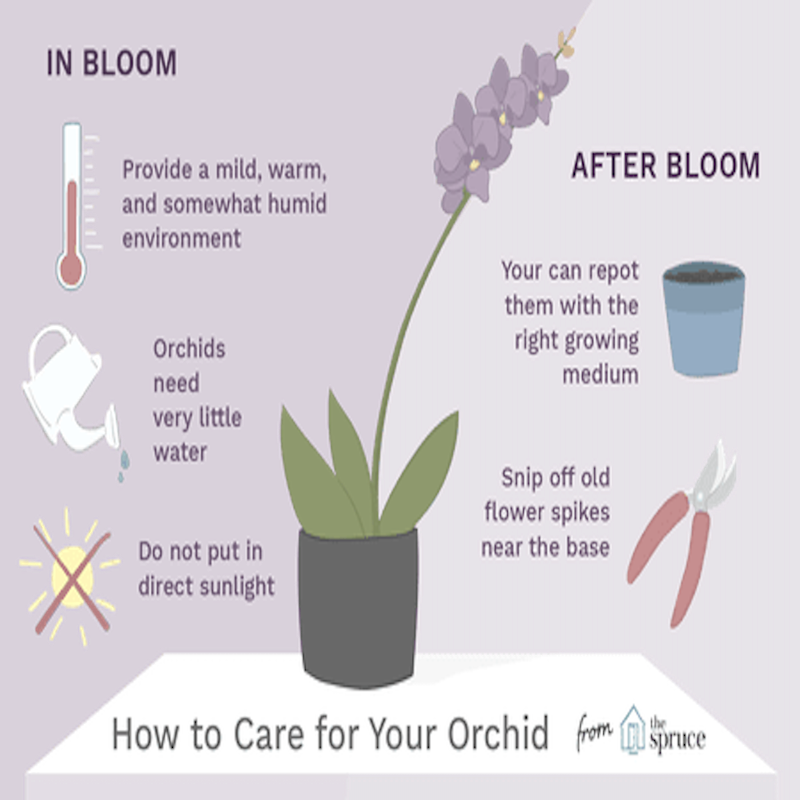Refilling my empty milkshake glass

One of my many favourite things about CareBox is being able to journal and share blogs from a personal experience or something on my heart. This picture always makes me smile when I see how excited Tom is about his milkshake and how ‘full’ the glass is of wonderful deliciousness. If you’re reading this now you may be thinking, ‘hmmmm, not sure when I last saw a journal entry from CareBox…’ and you wouldn’t be wrong. It’s not that I haven’t wanted to post anything, but I feel like a ruminating cow just continually chewing on its cud; a stuck record; like my laptop trying to make a connection to the internet with the little circle just going around and around. How long does one stay in this ‘fatigued’ / ‘stuck’ pattern; how did I get into it & how on earth do I make my way out of it? I feel as though I’ve got SO much to say but just don’t know where to start or how to make it happen. I feel like an empty milkshake glass… and then a friend sent through a little blog which has sparked me into some sort of action & I’d like to share it with you. It has given me an understanding of why I may be feeling the way I am and most importantly a nudge in the right direction to take a step. I hope you find it helpful…
Fatigue vs Depletion : David Lapin (Blog)
We are currently in the toughest phase of our pandemic experience. To explain what I mean, consider two different states of being: fatigue and depletion. Fatigue is when a muscle or the mind has been used almost to the point of failure and it requires rest to recuperate.
Contrastingly, depletion is when our inner resources of energy have been drained—and this may have no connection to exertion. One can be depleted without feeling tired. And one can be tired without feeling depleted.
Consider an empty glass of water. You can rest it for as long as you will, but rest won’t replenish its contents. Similarly, your body and mind are just containers. Your emotions, your intellect, and your spirit are the contents. You can only give emotional, intellectual, and spiritual output when your container is overflowing with content. This means you always need more emotional, intellectual, and spiritual input than output. If you continually draw from your content, you quickly become depleted. People with this overflow are the people we find energized and energizing. On the other hand, depleted people who need others to fill them are often the individuals who drain us!
But here’s the problem: Because fatigue and depletion can feel the same, we often misdiagnose our condition. We think we are fatigued, so we rest. But in fact, we might be depleted, in which case no amount of rest will restore our inner resources. When we are depleted, we need restoration rather than rest or relaxation.
This is why I think we are in the toughest phase of the pandemic, because we aren’t just exhausted – we are depleted. We are depleted because our usual channels of restoration are not readily available to us anymore. We are normally restored by human contact through the exchange of energy and discourse, even in the form of passing interactions with other travellers at airports, servers at restaurants, or attendants in stores. Virtual meetings keep us going, but they don’t restore our inner energy. Moreover, on a Zoom call, we’re interfacing with a screen, not a person.
So how do you know if you are fatigued or depleted, and how do you treat depletion?
Fatigue generally applies to your body and your mind. Depletion generally applies to your emotions, your intellect, and your spirit. Depletion can give you the feeling of physical or mental exhaustion. But you know it’s not fatigue you’re suffering when rest and relaxation don’t replenish you.
The way to treat depletion is with restoration, not with relaxation. While relaxation is a passive state of “not-doing”, restoration is a deliberate, active choice of activities different from your routine activities, which add energy instead of consume energy. Here are some examples of restorative activities: regular prayer or meditation; walking in nature and pausing to notice all the sounds, sights, and textures around you; reading something beautiful or inspiring rather than useful; physically meeting and spending quality time with loved ones for nothing more than connecting and sharing; listening attentively to music that is harmoniously complex and rich in sounds and themes; applying your mind to a challenge totally unrelated to work; regular journaling.
Check in with yourself, your loved ones, and your team. Are they fatigued, or are they depleted? Even just a conversation about depletion can help restoration.
Slowly but surely I’m going to start refilling my milkshake glass and I hope you’ve been encouraged too.




